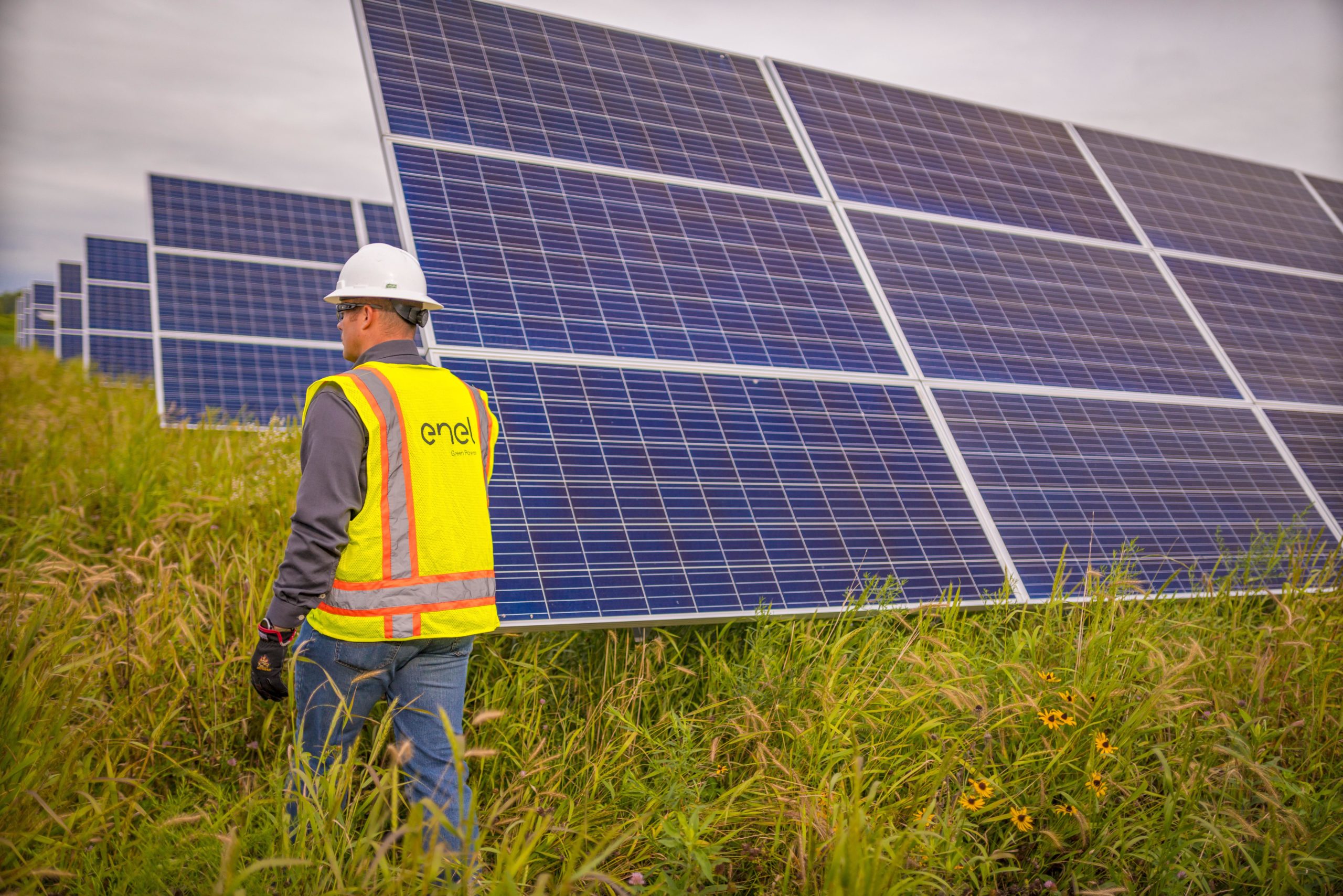In a world where the quest for sustainable and clean energy solutions has gained unprecedented momentum, renewable energy sources have emerged as a beacon of hope. Renewable energy, derived from sources that naturally replenish themselves, presents a transformative shift from traditional fossil fuels towards a more sustainable, environmentally friendly future. Let’s explore the evolution, significance, and potential of renewable energy sources in reshaping the global energy landscape.
Types of Renewable Energy Sources
Renewable energy derives from a diverse array of sources, each harnessing natural processes to generate power sustainably:
Solar Power:
Solar energy, harnessed from the sun’s rays using photovoltaic cells, is one of the most abundant and accessible renewable resources. It powers homes, businesses, and even entire cities, reducing reliance on fossil fuels and lowering carbon emissions.
Wind Power:
Wind turbines convert kinetic energy from wind into electricity, offering a clean and inexhaustible energy source. Wind farms, both onshore and offshore, contribute significantly to the global renewable energy mix.
Hydroelectric Power:
Hydropower, generated by harnessing the energy of flowing water, has been a longstanding source of renewable energy. It powers turbines in dams and rivers, producing electricity while minimizing greenhouse gas emissions.
Biomass:
Biomass energy utilizes organic materials such as wood, agricultural residues, and organic waste to produce heat and electricity. It represents a versatile and renewable source of energy.
Geothermal Energy:
Geothermal power harnesses heat from the Earth’s core to generate electricity or provide heating and cooling systems. It offers a reliable and continuous source of clean energy.
Importance and Advantages of Renewable Energy
The significance of renewable energy sources lies in their numerous advantages:
Environmental Sustainability:
Renewable energy sources are inherently cleaner and emit fewer greenhouse gases compared to fossil fuels. They play a pivotal role in mitigating climate change by reducing carbon footprints and preserving ecosystems.
Energy Security and Independence:
Diversifying the energy mix with renewables enhances energy security, reducing dependency on finite fossil fuel reserves and mitigating geopolitical risks associated with energy imports.
Economic Opportunities:
The renewable energy sector fosters job creation, innovation, and economic growth. It offers opportunities for investment, technological advancement, and the development of sustainable infrastructure.
Affordability and Accessibility:
As technology advances and economies of scale improve, the cost of renewable energy has become increasingly competitive, making it more accessible to a wider population.
Challenges and Future Prospects
While renewable energy sources offer immense promise, challenges remain:
Intermittency and Storage:
The intermittent nature of some renewables like solar and wind poses challenges in matching energy supply with demand. Developing efficient energy storage systems is crucial to overcome this hurdle.
Infrastructure and Grid Integration:
Upgrading infrastructure and integrating renewable energy into existing grids requires significant investment and technological advancements to ensure reliability and stability.
Policy and Regulatory Frameworks:
Clear and consistent policies, along with supportive regulatory frameworks, are essential for promoting renewable energy adoption and incentivizing investments.
The Path Forward: Embracing Renewables for a Sustainable Future
The evolution and integration of renewable energy sources into the global energy mix are pivotal in mitigating climate change, enhancing energy security, and fostering sustainable development. Governments, industries, and communities worldwide must collaborate to accelerate the transition towards renewables. Investments in research, innovation, and infrastructure are key to unlocking the full potential of renewable energy sources.
In conclusion, the shift towards renewable energy marks a pivotal moment in the pursuit of a cleaner, more sustainable future. Embracing these sources of energy not only addresses environmental concerns but also drives economic growth, empowers communities, and ensures a legacy of responsible energy consumption for generations to come. As we continue to harness the power of renewables, the path towards a greener, more sustainable planet becomes clearer, offering hope and promise for a brighter tomorrow.

